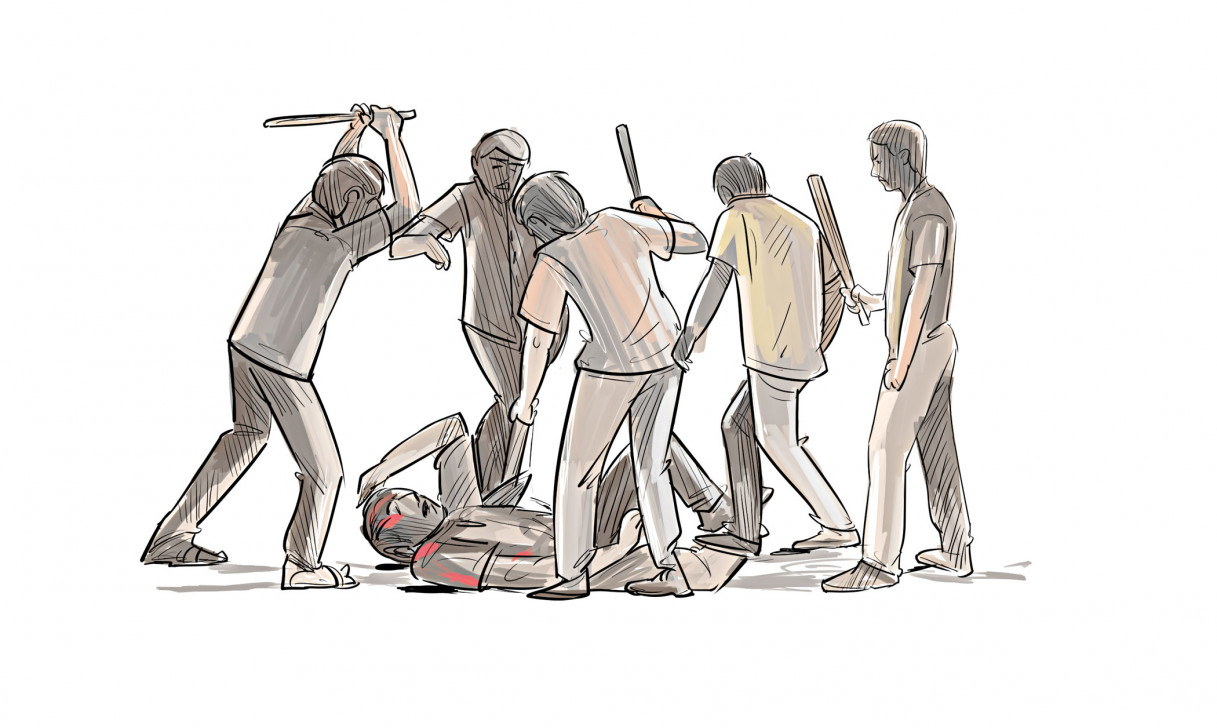
Your student account is you portal to all things Dominie your classroom, projects, forums, carees, resources.
Student Instructirs
Your student account is you portal to all things Dominie your classroom, projects, forums, carees, resources.
Student Instructirs
The transition from autocracy to democracy that we are currently undergoing has been described by United Nations Human Rights Chief Volker Türk as “a historic opportunity to ensure governance is anchored in human rights, inclusivity, and rule of law.” In a statement on August 16, he added, “The transition ahead presents a historic opportunity to reform and revitalise the country’s institutions, to restore fundamental freedoms and civic space, and to give all in Bangladesh a part in building the future.” As we move forward with several reform agendas that can be implemented within a short timeframe, it is essential to have a national conversation on what “governance anchored in human rights” should truly look like.
Despite repeated denials by successive governments since independence, numerous UN human rights reports have documented various violations and shortcomings in political, social, and cultural rights. The past 15 years, however, have seen the most severe narrowing of civic space, heightened surveillance, intimidation, and reprisals that often led to self-censorship. We have never before experienced so many alleged incidents of enforced disappearances, extrajudicial killings, and torture in custody. Rather than accountability for these violations, officials responsible were often rewarded for their misconduct. Over-regulation of NGOs and broad restrictions on freedom of expression further hindered their effectiveness. Violence against women, including sexual violence, remained prevalent, with accountability often tied to political identity.
Since the interim government led by Professor Muhammad Yunus took office, several long-overdue steps have been initiated. Among the most significant is the signing of the instrument of accession to the International Convention for the Protection of All Persons from Enforced Disappearances. The formation of an independent commission to investigate all alleged incidents of enforced disappearances has also been a highly anticipated action, garnering broad support both nationally and internationally. Another crucial step has been allowing UN investigators to examine alleged atrocities and human rights violations committed during the Hasina regime’s failed attempt to suppress the July uprising.
While the UN investigation may help establish facts surrounding the brutality and use of excessive force, as well as identify those responsible for crimes against humanity, the question of ensuring justice remains uncertain. The government’s slow response in determining the judicial process, establishing the investigation and prosecution offices, and ensuring their capacity to function is far from convincing.
This has been reflected in the indiscriminate private prosecutions initiated by victims’ families, allegedly influenced by the police, which many legal experts fear will be counterproductive. Failure to hold the perpetrators of these heinous crimes accountable would represent a grave failure of governance based on human rights.
Recently, the interim government has faced increasing criticism for its apparent inability to restore peace and order following the collapse of the autocratic regime. Supporters and sympathisers of the transitional administration, particularly politicians from parties instrumental in toppling the previous regime, have begun expressing frustration publicly. Recent outbreaks of violence in the Chittagong Hill Tracts, labour unrest, and mob attacks present serious challenges to the transitional administration, which is already grappling with numerous pressing needs.
Mob lynching incidents, including one involving the country’s top three universities, have further fuelled public unrest. Additionally, reprisals against activists and associates of the fallen regime have continued unabated, despite calls from the advisory council to refrain from taking the law into their own hands. Violence against minorities remains a concern as well, though many victims have been targeted for their historical association with the Awami League rather than their religious beliefs.